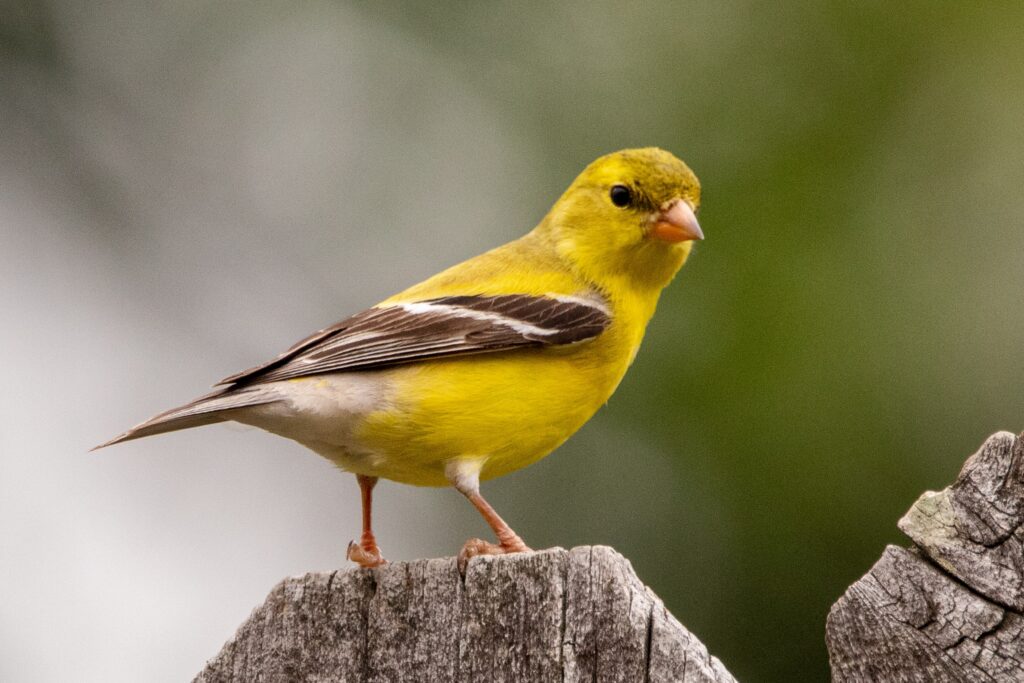Early morning after a brief workout I was lying flat on my back, trying to practise a little mindful awareness. Just then I heard a soft sound like stealthy footsteps in my smallish room. It was not exactly dark. Moreover, there’s nothing in my room except books. Just then the sound repeated itself. And what did I see? The trespasser was a beautiful baby bird. In a flash it flew past me, out the balcony door, into the blue beyond.
On certain holidays, when I’m late waking up, this sound—a clatter of wings followed by a distant cooing – brings me into awareness. I don’t initially see anything except, occasionally, a flash of white, a streak of feathers, but I know it’s a pigeon.
Not so long ago, I went to visit the Bengal Dooars. As I emerged out of the hotel room at Jaldapara Inn and stood on the gravel path, I heard the dawn chorus. The car was getting ready to take us to the Jaldapara Reserve forest. Just then, a call I never heard before, sonorous yet melancholic, sounded very close to where I was standing. The moment it stopped I felt a pang within. When I got into the car and left the hotel, I was wondering whether I could hear this birdcall again.
I heard the call again at South Khayerbari, a Rescue & Rehabilitation Centre for felines, about 15 km from Jaldapara. I went on a birdcall recording spree: of the mesmerising four-note call (Bo-Ko-Ta-Ko) of the Indian Cuckoo.
This species of Indian Cuckoo (Cuculus Micropterus) is a solitary bird, whose call is usually not returned by another of its kind. It is very shy, perches itself at the crown of leafy trees, and hides from the casual gazers.
Our next destination was Murti. Here you find vast stretches of land, most of which lie fallow, framed by mist-laden hills. And in this open, silent place, how this birdcall, known as ‘the soul of dead shepherd’ calling for its lost sheep, sounded. If I visit there again, it’d be for this bird alone.
